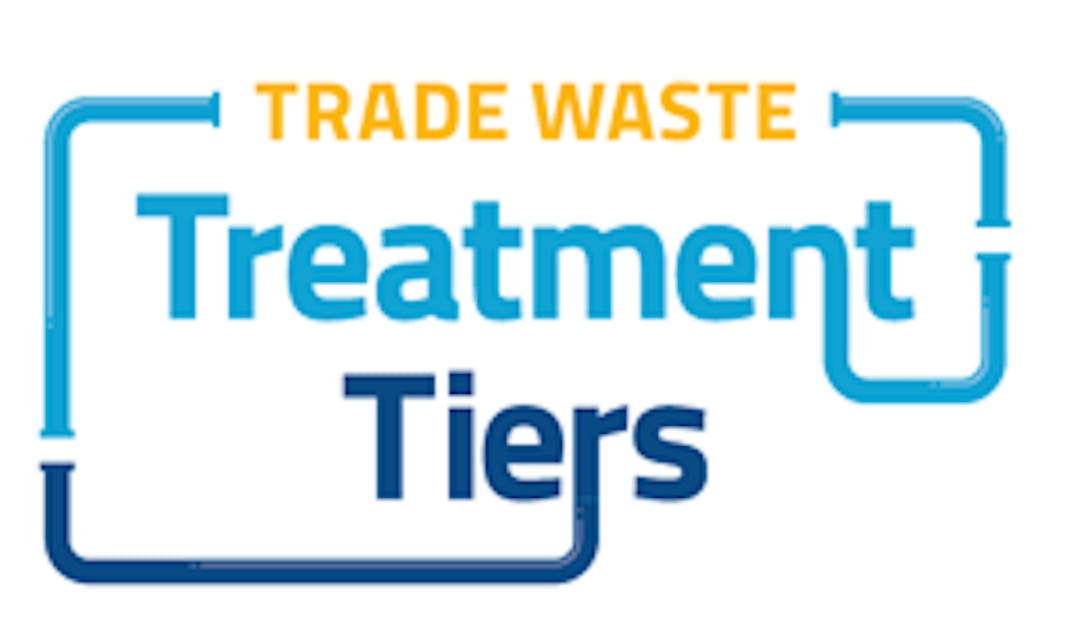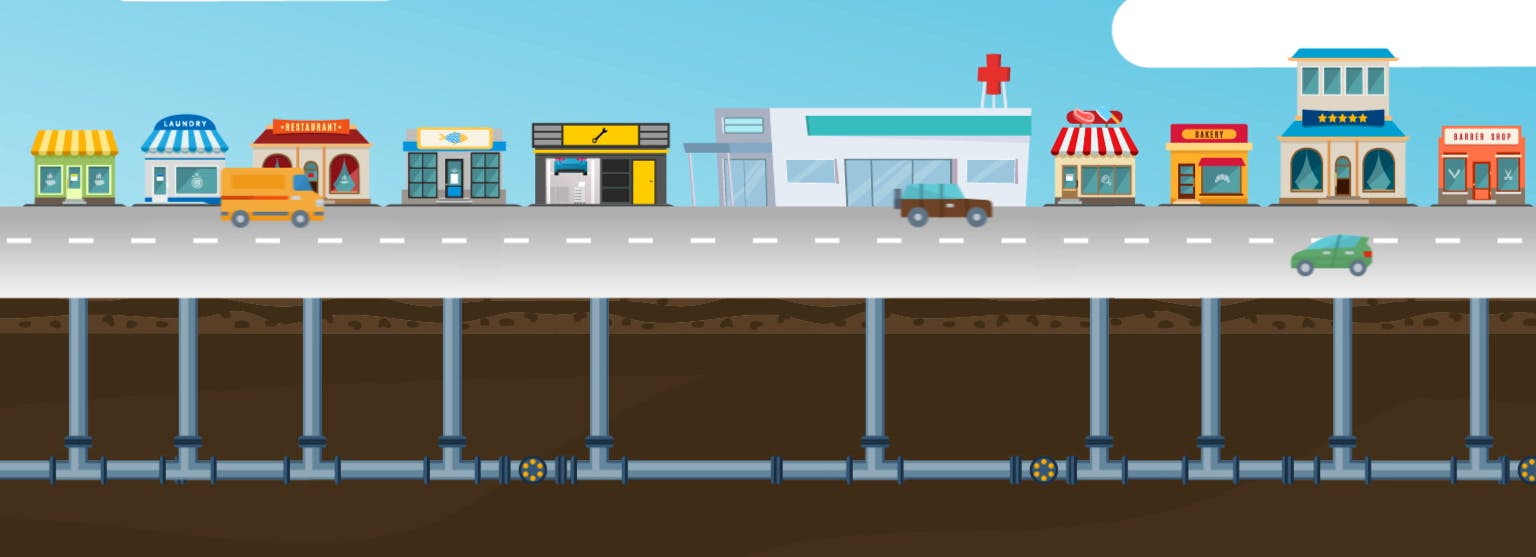Pricing changes are in the pipeline
Consultation has concluded

Waste from businesses (trade waste) contains oils, greases and chemicals that can have a significant impact on our sewer network.
Treatment of trade waste is important to ensure we maintain safe and reliable services for our customers and to keep our communities and environment healthy.
The existing Trade Waste Permit pricing structure is a one-size-fits-all approach and does not consider the business type or the impact of trade waste.
From July 2023, we’re introducing a new tiered pricing structure (known as treatment tiers) for our trade waste customers that is more closely aligned with the impact their waste has on the sewerage system and the real cost of treating it.
About trade waste
Trade waste is liquid waste such as grease, oils and chemicals generated on commercial properties and discharged into our sewerage network. Typically, trade waste contains substances that can damage our environment and sewerage infrastructure, which means it is more expensive to treat before it can be safely released into our waterways.
Since Unitywater's inception in 2011 there's been a flat fee approach for most trade customers. An annual permit fee of $350 applies (correct as of 2022-23).
The annual permit applies to all trade waste customers regardless of volume and impact of waste from their business, whether it be a small coffee shop or a large 24/7 fast food restaurant.
Introducing a tiered approach to trade waste pricing
Unitywater is moving to tier-based pricing for Trade Waste Permits. In July 2023, it will replace the single, flat-rate Category 1 annual fee of $350 that is currently charged to businesses for this 2022-23 financial year.
Under this new pricing structure, businesses will fit into one of five treatment tiers – ranging from Very Low to Very High – based on their type of business and the waste they generate.
What this means is the higher the impact of your trade waste, the more it costs to treat, and the higher your treatment tier. It’s important to know, the treatment tier assigned based on your business type, your trade waste composition (make up), and the likely impact on the sewer network and environment. It’s not that you’re doing anything wrong.



